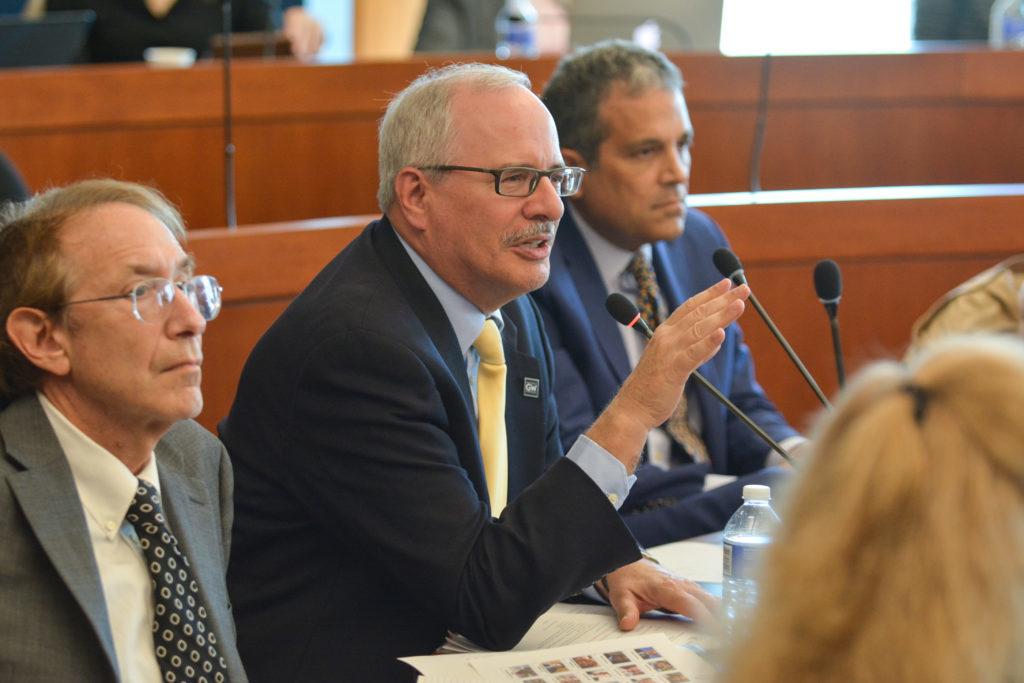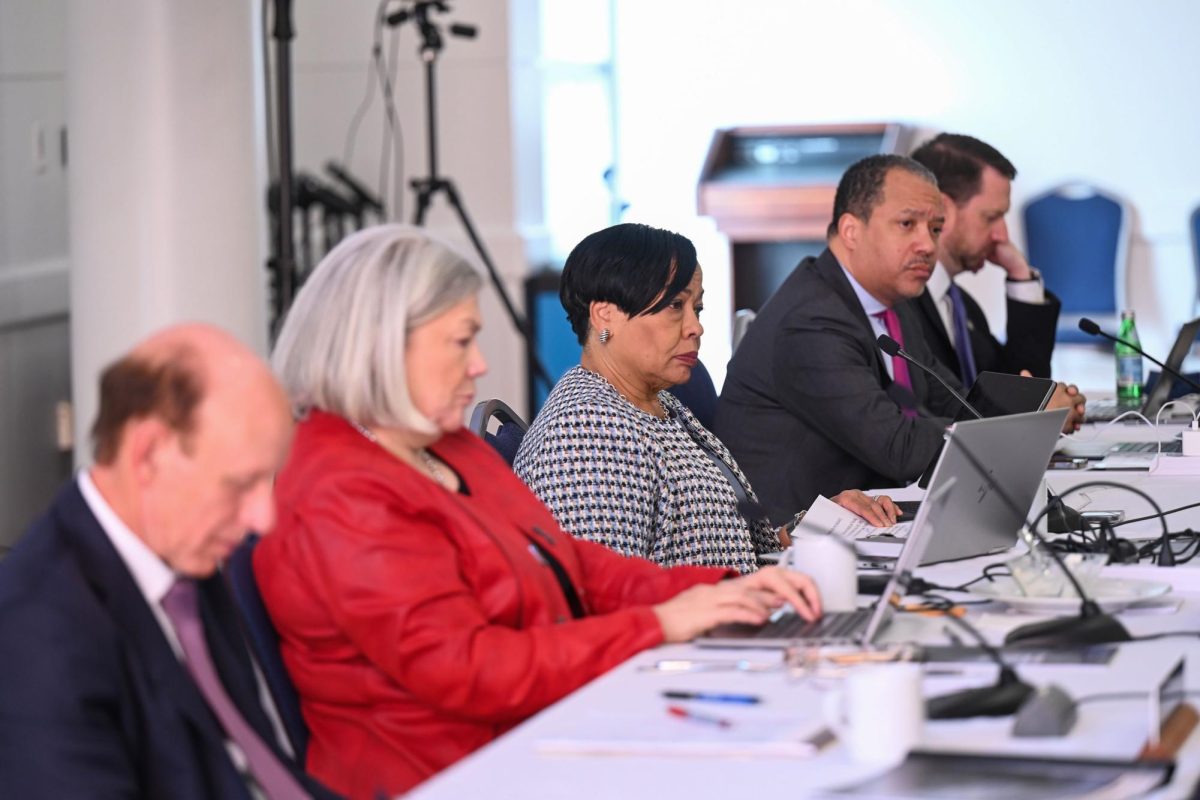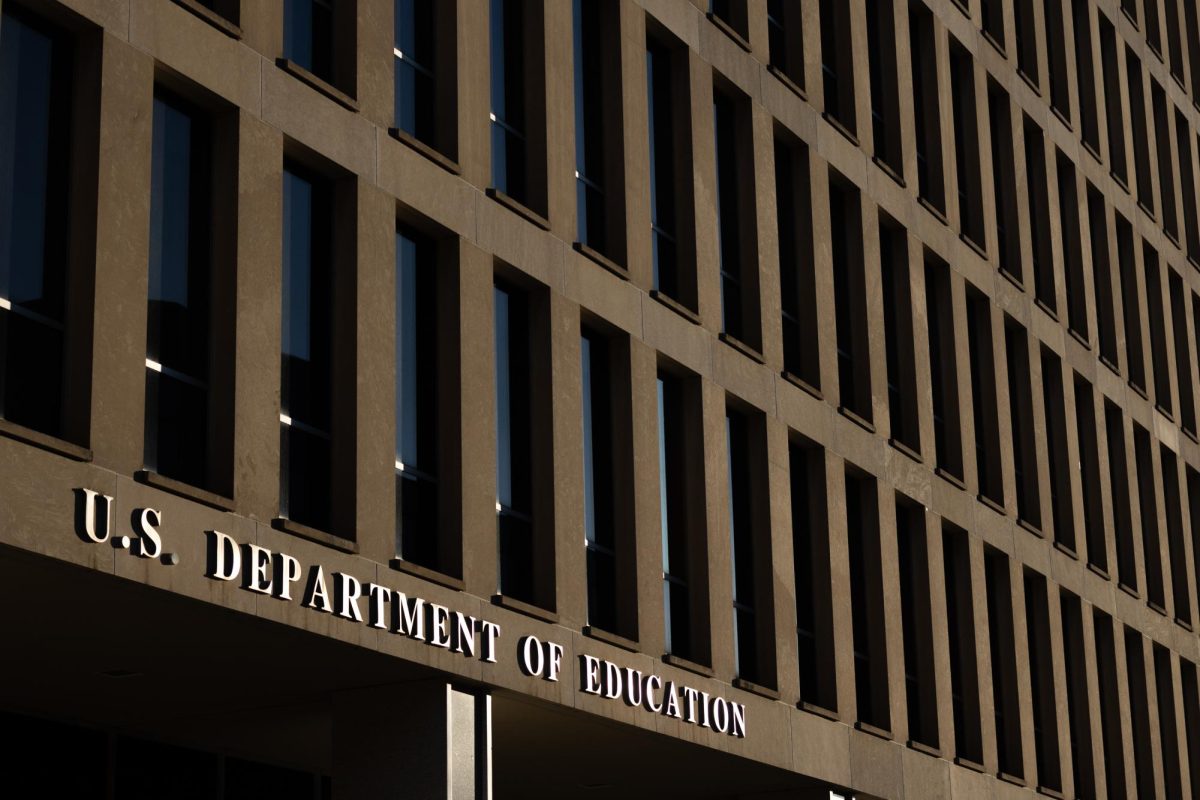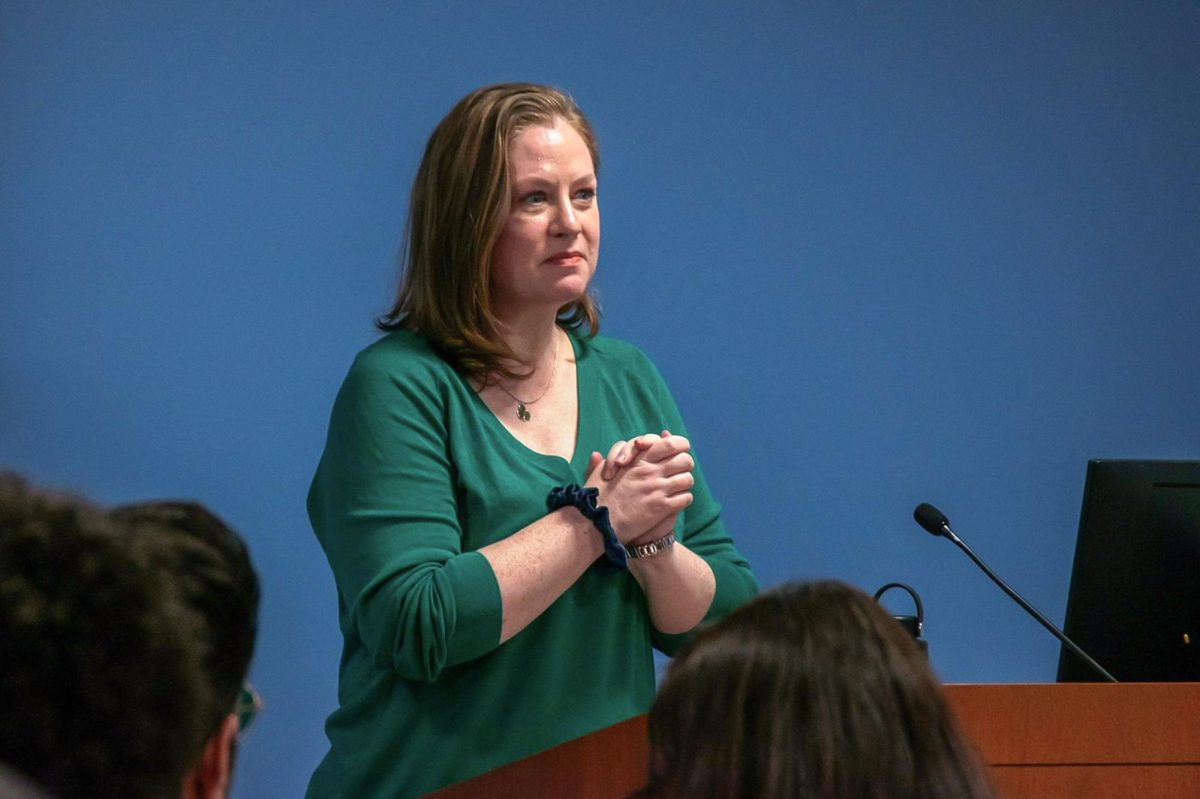The Faculty Senate’s appointment, salary and promotion policies committee recommended late last week that senators censure University President Thomas LeBlanc for his hiring of Heather Swain.
The senate directed the ASPP committee last month to obtain a “full and complete accounting” of the Swain hiring process from LeBlanc in private, amid concerns he may not be able to legally share details publicly, and advise the senate if they should vote to censure LeBlanc. LeBlanc answered all the committee members’ questions during a private meeting on Sept. 25 and proposed a standard vetting process for vice presidential hires that includes faculty input, according to a committee report made public late last week.
“The ASPP committee recommends censure,” the report states. “It does so after evaluating the explanation provided by President LeBlanc regarding the events, timeline and decision-making process leading to the announcement of Ms. Swain’s appointment. Specifically, a majority of the ASPP committee concluded that President LeBlanc’s actions reflected a significant error in judgment and failure of leadership regarding a matter of critical importance to the University.”
LeBlanc has apologized for hiring Swain, who rescinded her offer to serve as the University’s vice president for communications and marketing following widespread criticism for her role in the Larry Nassar case at Michigan State University.
LeBlanc’s proposed vetting process, which will be discussed at the senate meeting Friday, states that officials will consult the senate’s executive committee on all future vice presidential hires. The executive committee will also nominate a faculty representative to sit on the search committee.
Outside firms involved in the search will vet candidates through contacting references and examining news articles and social media, the proposal states. LeBlanc said last month the University came to “an agreement” and did not pay any money to the outside search firm used to hire Swain.
Members of the University’s search committee will also conduct reference checks, and a “trusted third party” will vet candidates through criminal record, civil case, credit, degree verification and driver’s license checks as permitted by law in addition to press and social media searches.
The University president will personally contact the last two presidents or leaders for whom all finalist candidates worked before making an offer, the proposal states.
The ASPP committee endorsed the vetting proposal, and the full senate is set to debate the censure resolution Friday.











